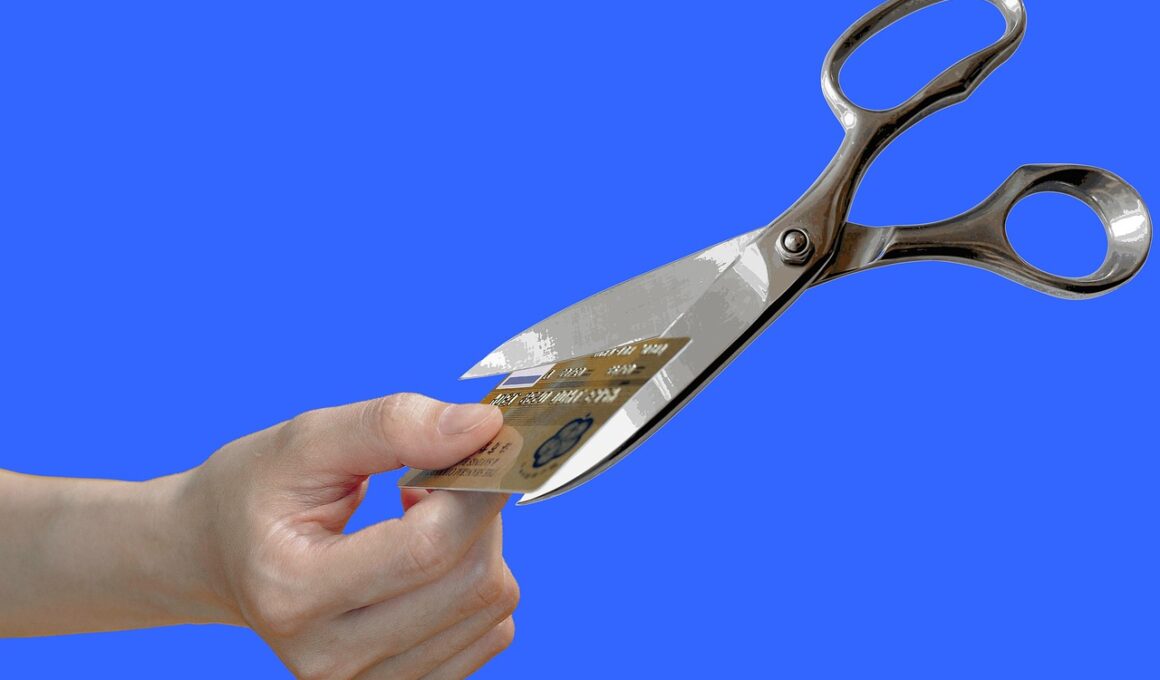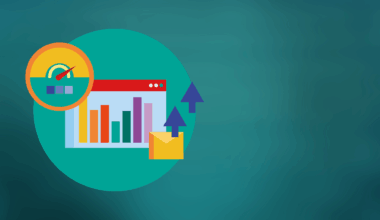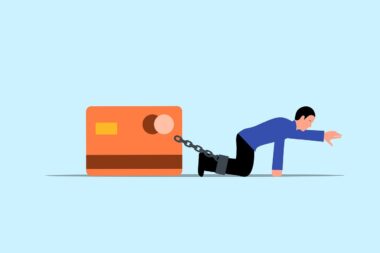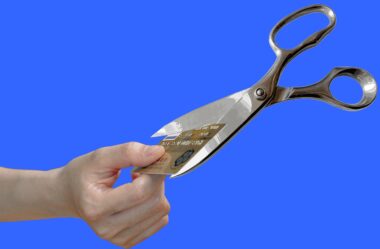Effective Strategies to Reduce Credit Card Debt Quickly
Credit card debt can feel overwhelming and challenging to manage. To begin tackling your debt, it’s crucial to understand the total amount you owe on each credit card. Collect your statements, and list all your debts along with their respective interest rates. This information is essential for developing your strategy for reduction. It may be beneficial to focus on the cards with the highest interest rates, as these contribute the most to your financial burden. Begin by allocating any extra funds to these higher-interest debts while maintaining minimum payments on others. By prioritizing your payments, you will minimize the total interest you’ll pay over time. Additionally, consider using a budgeting app to keep track of your expenses and payments. Having a visual representation of your progress can motivate you to stick to your plan. Consider eliminating unnecessary subscriptions or expenses to free up cash for your debt payments. Remember, even small changes can add up quickly. It’s crucial to stay disciplined and committed to your financial goals for effective debt reduction.
Another effective strategy for reducing credit card debt rapidly is employing the “debt avalanche” or “debt snowball” method. The debt avalanche focuses on paying off the highest-interest debts first, thus resulting in less interest paid overall. To implement this method, continue making minimum payments on all other debts while directing any additional funds toward the highest-interest card. On the other hand, the debt snowball method encourages paying off the smallest debts first, providing psychological wins that can keep you motivated. Whichever route you choose, the key is consistency in your payments. Ensure that you allocate funds monthly toward paying down your debts. If you receive a tax refund or bonus, consider using that money to pay down your credit card balances more aggressively. Additionally, consider negotiating with your creditors for lower interest rates. Many creditors are willing to work with you if you express your intention to pay off your debts. It can significantly reduce the amount of interest you’re required to pay, thereby speeding up the debt reduction process. Use online negotiation tools or contact customer service for assistance.
Utilizing Balance Transfers Wisely
Utilizing balance transfer offers can significantly assist in reducing high-interest credit card debt. Many credit card companies offer promotional periods where you can transfer existing debt onto a new card with 0% interest for a limited time. This arrangement allows you to pay off your debt without accruing additional interest, giving you an opportunity to reduce your overall balance quickly. However, it’s essential to read the terms and conditions thoroughly before committing, as there may be balance transfer fees involved. Make sure the fees do not exceed the potential savings you’ll gain from the lower interest rate. Additionally, have a clear repayment plan in place to ensure that you can pay off the transferred amount before the promotional period ends. Set reminders for payment due dates to avoid late fees, which can hinder your reduction efforts. As with any strategy, weigh the pros and cons thoroughly before proceeding, and remember that balance transfers should be utilized as a tool, not as a reason to continue spending on credit cards unnecessarily. Stay disciplined to maximize your results.
Another option to consider in your debt reduction journey is consolidating your credit card debts into a personal loan. Personal loans often have lower interest rates than credit cards, which can save you money on interest payments over the long term. By consolidating your debts into one fixed monthly payment, budgeting becomes easier. You’ll no longer have to juggle multiple due dates, which decreases the chances of missed payments. Research various lenders to find the best rates and terms for personal loans. Some credit unions, community banks, and online lenders may offer favorable rates for individuals aiming to consolidate debt. Just be sure to read all terms and conditions carefully and understand what you’re committing to. Before proceeding, evaluate whether the total costs, including fees and terms, make financial sense for your situation. Once you secure your loan, promptly pay off your credit cards fully and avoid adding new charges to them to ensure you effectively reduce your debt. A personal loan can be a powerful tool for regaining control over your finances when used wisely.
Creating an Emergency Fund
Building an emergency fund is essential to supporting your efforts in reducing credit card debt. Having savings set aside helps you avoid relying on credit cards for unexpected expenses. Start by setting a realistic goal, such as saving $500 or $1,000. Gradually increase your goal until you have 3-6 months’ worth of necessary expenses stashed away. This safety net protects you from financial emergencies that could lead to incurring more debt. To build your emergency fund, consider automating your savings by transferring a small percentage of your paycheck directly into a savings account. This way, you won’t even notice the money is gone, making saving easier. Look for small ways to cut back on spending and funnel that surplus into your savings. Consider options like setting up a specific day each week where you avoid buying anything unnecessary. This simple practice encourages frugality and increases awareness of your spending habits. Recovering from debt requires commitment, and an emergency fund stands as a protective barrier against falling back into the credit card debt cycle.
In addition to implementing the strategies discussed, it’s vital to reassess your overall financial situation regularly. Creating and maintaining a monthly budget is indispensable for tracking your income and expenses. A budget allows you to clearly see where your money is going and helps identify areas to cut back. Document every expense and source of income to gain insights into your financial habits. You can use various budgeting apps or even good old-fashioned spreadsheets. Oversight of your financial flow provides the knowledge necessary for making informed decisions regarding debt payments. Also, set realistic goals regarding your debt reduction journey, focusing on incremental achievements. Celebrate small victories, such as paying off a hassle-free account or reducing your total debt by a certain percentage. Acknowledging your progress fosters motivation to continue on your path toward financial freedom. Don’t hesitate to seek professional financial advice if necessary, especially if you feel overwhelmed. Financial coaches or advisors can assist in crafting a tailored plan and offer valuable resources that empower you to conquer your credit card debt effectively.
Staying Accountable and Motivated
Remaining accountable and motivated during your debt reduction journey is crucial for success. Surround yourself with a network of supportive individuals, such as family or friends, who understand your goals. Sharing your objectives with them encourages support and accountability to stick with your financial plan. Consider joining a community or online forums that cater to individuals tackling credit card debt. Sharing experiences and strategies can provide encouragement and inspiration. Tracking your progress visually through a chart or app can also enhance motivation. Create milestones, such as reducing your debt by specific amounts within a set time frame, and reward yourself with inexpensive treats when you meet these goals. Additionally, write down your reasons for wanting to reduce debt, like buying a home or achieving financial independence, and keep that list visible. Revisiting these reminders will invigorate your commitment to your journey. Finally, recognize that setbacks may occur, and don’t let them derail your overall progress. Approach each challenge as an opportunity to learn and grow in your financial understanding. Stay persistent, and success in reducing credit card debt will follow.
If you find that self-management of your credit card debt feels insurmountable, consider working with a professional credit counselor. These professionals offer guidance and practical strategies tailored to your individual financial situation. Counselors can help you comprehend your credit reports and develop repayment plans that work for you, making the entire process less overwhelming. Many non-profit organizations provide affordable counseling services and can assist in negotiating better terms with your creditors. They can develop a budget and savings plan with you, which focuses on helping your specific financial circumstances. Seeking help can be a proactive step toward regaining control over your financial health. Research and ensure the counselor you choose is reputable and registered; this adds a level of trust. In addition, educate yourself about financial management through books, podcasts, or online resources. Knowledge is power, and empowering yourself with information about personal finance will aid you in making better decisions now and in the future. The combination of professional guidance and self-education can drastically enhance your debt reduction efforts and lead to lasting financial security.





